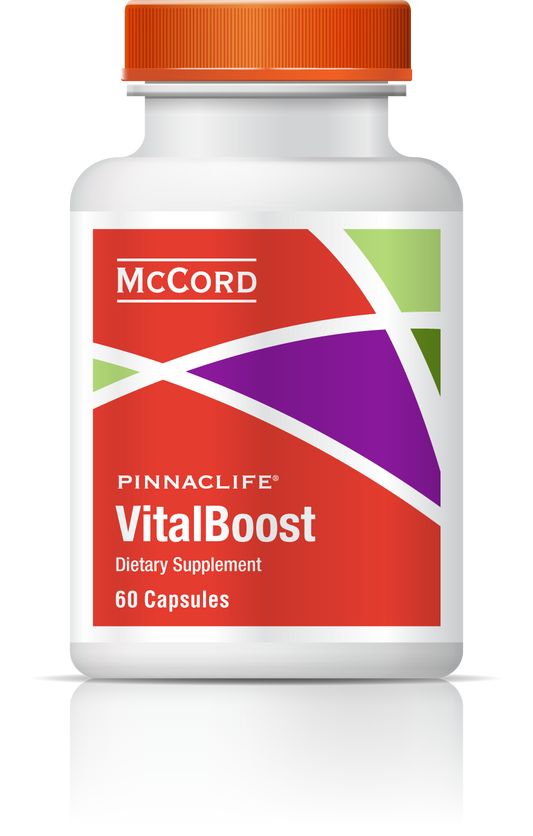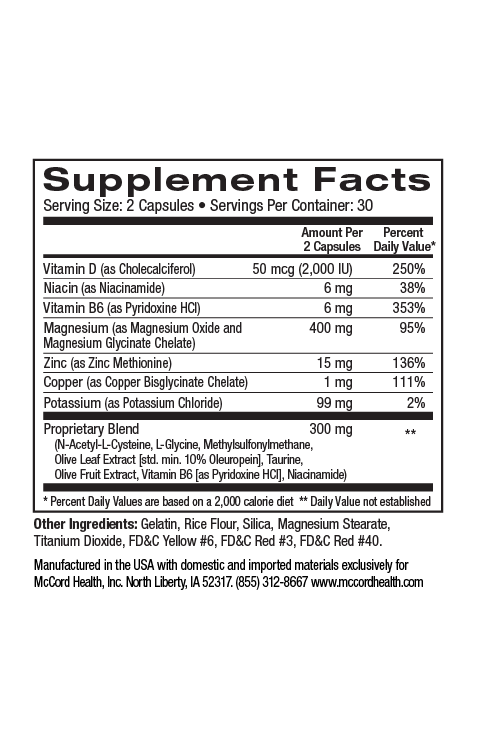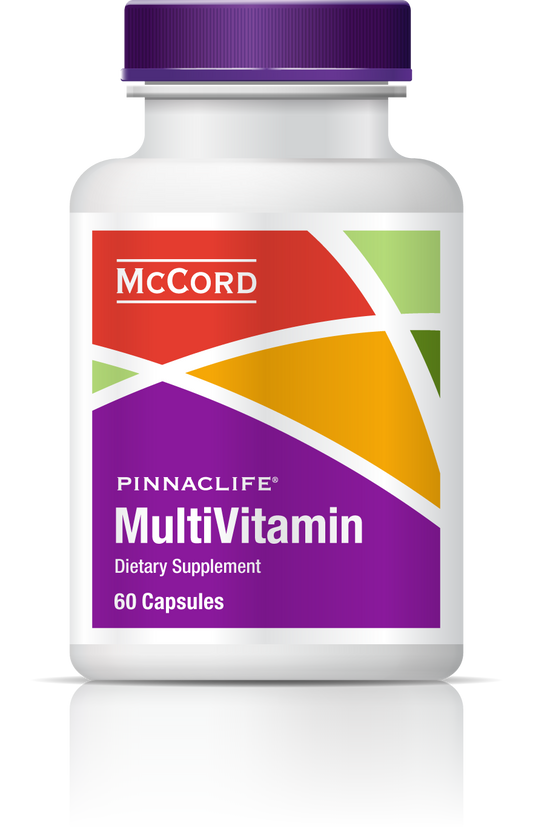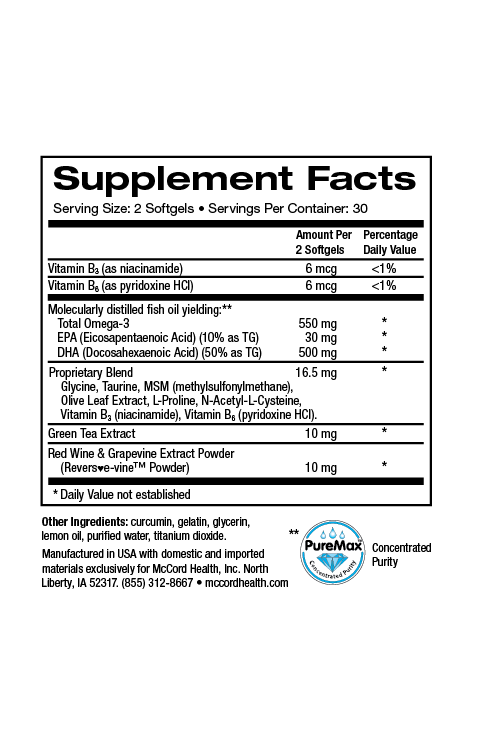Dry itchy skin can have a major impact on a person's quality of sleep, but often times people don't associate skin health with quality of sleep. However, if you have been finding yourself tossing and turning, waking up frequently, or waking up feeling unrested, there's a chance your skin care routine could be partially to blame.
Here we will discuss some different things to consider to stay comfortable in your own skin for better sleep at night.
Fabrics Can Irritate Your Skin
Did you ever consider that the clothes you wear or the blankets on your bed could actually be worsening your dry skin? Many fabrics, including cotton, have natural moisture-wicking properties that draw moisture away from your skin. While this is a desirable feature in some instances, it can cause problems in others. Irritation can be made worse by certain laundry detergents or chemicals used to treat and condition fabrics.
Skin-protecting ingredients like dimethicone (a type of silicone) are useful in putting an invisible barrier between your skin and your clothing/bedding to help keep your skin properly moisturized. Consider using a dimethicone-based moisturizing protectant like Viniferamine Renewal Moisturizer or, for very dry skin, Viniferamine Silicone Barrier to protect your skin from irritants and moisture-robbing fabrics while you sleep.
Long-Term Care, Disabilities, and Dementia
Have you ever had an itch you can't scratch? Now imagine not only can you not reach it, but you are immobile or cannot communicate your discomfort to anybody who might be able to help you. It's easy to understand how a person may become agitated simply because their skin is dry and itchy but there is nothing they can do about it.
This can be an especially troublesome issue for people in long-term care who spend a significant amount of time in bed. As previously mentioned, cotton bedsheets can wick vital moisture away from the skin. Additional irritation can be caused by the use of harsh detergents, cleansers, and deodorizers used to clean clothes and bedding in institutional settings.
If you or a loved one is in such a situation, you should always consider the health of their skin and how it might be contributing to their overall comfort, sleep patterns, and overall quality of life. Incorporating a daily skin care routine that utilizes gentle cleansers, nourishing moisturizers, and barrier creams is a vital part of improving comfort and quality of life for bed-bound, disabled, or cognitively impaired persons.
The Best Times To Moisturize
If you think dry skin could be causing sleep problems for you, it is obviously a good idea to use a moisturizer before bed. If you think your bedding or pajamas could be contributing, you may want to consider a silicone barrier cream to help put a protective layer between your skin and the fabric.
Do you bathe before you go to bed? If you suffer from dry skin, you should always use a moisturizer immediately after you bathe, but this is especially true if you bathe before bedtime. This is a crucial time when you can lock in moisture and replace the natural and healthy oils that may have been stripped away by soaps, cleansers, and hot water.
Promoting Healthy Skin During and After Bathing:
- Turn down the temperature. While it might feel good, water that is too hot will strip away more of the protective oils from your skin and can cause more dryness when compared to using lower temperatures. That doesn't mean you have to take cold showers - just to avoid excessively long and hot showers/baths.
- Use gentle pH-balanced cleansers instead of harsh soaps. Many soaps are far too strong to be used on human skin and strip away all of the skins naturally protective oils. A good sign your soap is hurting your skin is if it gives you the "squeaky clean" feel. This is a sign that natural oils have been removed.
- Moisturize immediately after you've dried off. The water from bathing helps to hydrate your skin, but it quickly evaporates away if you don't lock it in right away. Using a properly balanced nourishing moisturizer helps to nourish your skin and replace the natural oils needed to keep the skin moist and healthy.
Next Steps for Healthy Skin and Better Sleep
Take a closer look at the fabrics in your bedding, pajamas, and bath towels to determine if they could be drying out or irritating your skin
Try different laundry detergents designed for sensitive skin, containing fewer harsh chemicals and artificial fragrances
Examine your bathing routine including the time of day, temperature of the water, and the types of soaps/cleansers being used.
Make sure you are incorporating a skin care routine that properly utilizes gentle pH-balanced cleansers, moisturizers, and skin protectants that nourish and restore your skin to keep it healthy and happy while you sleep.





